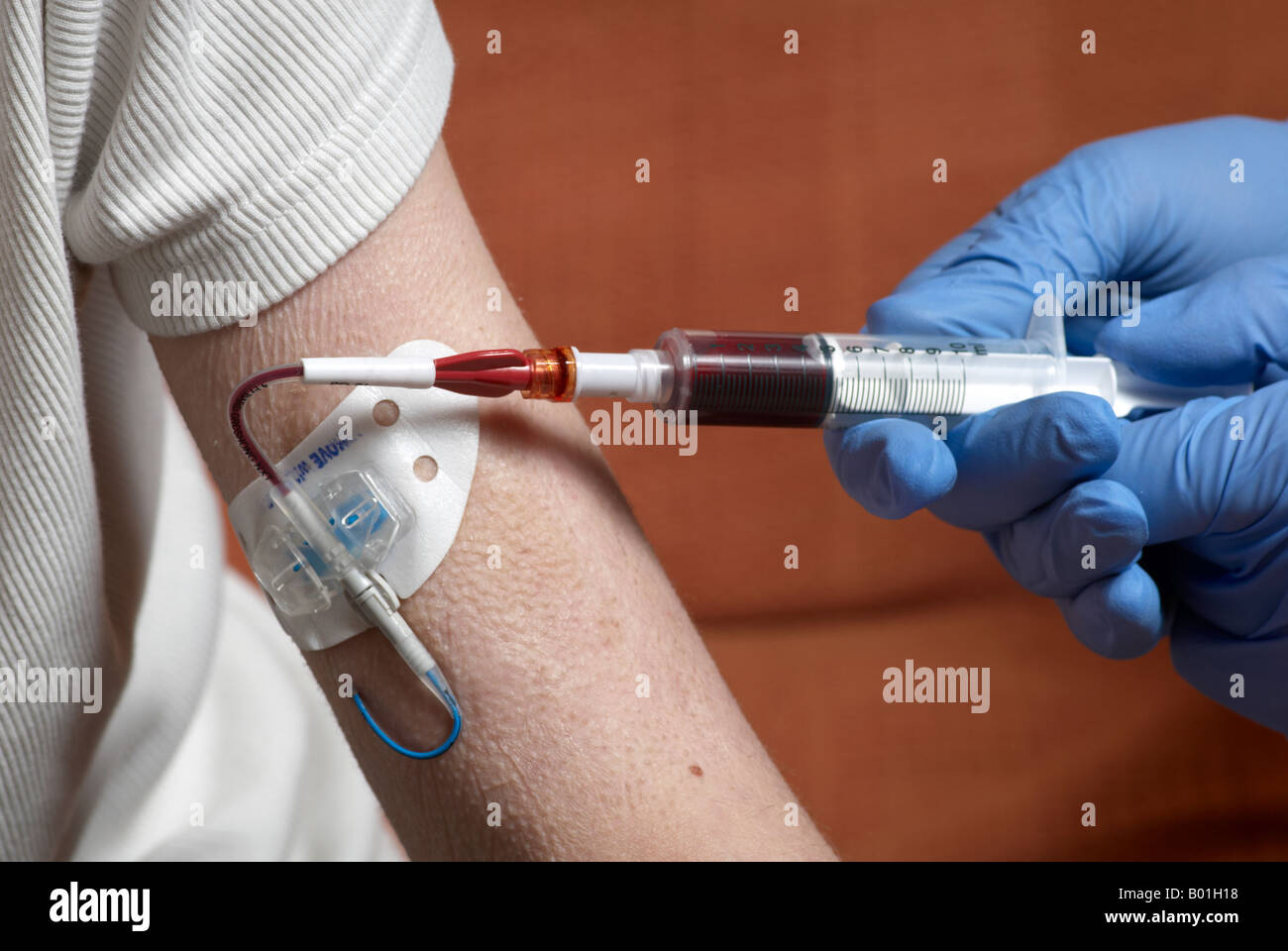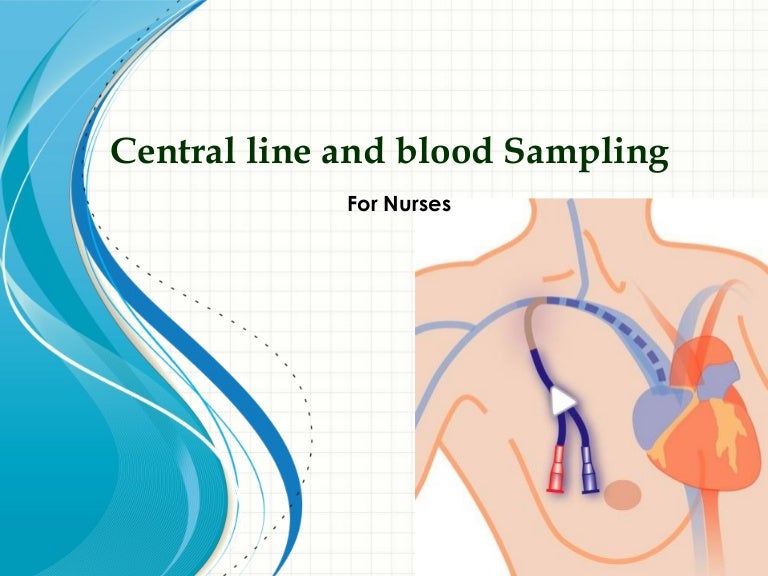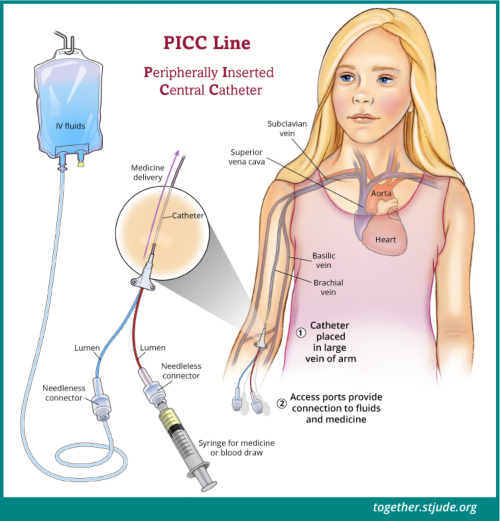Picc Line Blood Draw Best Practice
Picc Line Blood Draw Best Practice - Web iv nurses society standards. I am a (pediatric) picc nurse and you can definitely use smaller syringes to draw from any vascular device including piccs. Inside your body, the picc goes through the vein in your arm to a large vein in your chest. Web then flush 2 x 10ml saline. The turbulence created within the lumen of the picc helps to ensure a more homogenous movement of fluid. Web a picc, or peripherally inserted central catheter, is a flexible tube that is inserted into a vein in your arm. Blood draws via central line catheters may be performed only by rns trained in. Web peripherally inserted central catheters (piccs) were introduced to establish central venous access for extended administration of medication and nutrition. Web best practice in picc use: Others first flush, others do not. Web the cdc specified that picc blood draw procedure should be as follows: Outside your body, the picc splits into 1, 2, or 3 smaller tubes called lumens. Web peripherally inserted central catheters (piccs) were introduced to establish central venous access for extended administration of medication and nutrition. Web the picc is a reliable and safe method for obtaining central. If necessary, clamp the catheter when flushing is complete. Web a picc is a long, flexible catheter (thin tube) that’s put into a vein in your upper arm. Once blood is seen in the tubing, connect the vacutainers or use a syringe to draw the needed amount. And some never use the central line at all for a ptt, only. Properly label the tubes (at the bedside) and send them to the laboratory for analysis. Attach your empty syringe (s) and draw back your blood sample (s). This is done by gently drawing back on the syringe and confirming of a swift blood aspirate. Remove syringe and attach saline syringe. This clinic is also equipped with three vascular ultrasound systems. Properly label the tubes (at the bedside) and send them to the laboratory for analysis. With the flush still attached, draw back and get your waste (10 ml). Systemic / central line associated blood stream. This is done by gently drawing back on the syringe and confirming of a swift blood aspirate. Smaller syringe = less pressure. With the flush still attached, draw back and get your waste (10 ml). They are indicated in patients who require venous access for several weeks to months due to their low infection rates. Others first flush, others do not. Reattach prior tubing to line (if applicable) and restart iv drips. This material stays open under positive pressure of iv fluids. Each one is referred to as an infusion line. The turbulence created within the lumen of the picc helps to ensure a more homogenous movement of fluid. Web some nurses turn off the infusion for a minute, some for 5 minutes, some not at all. Web to draw blood from a central line catheter for diagnostic tests. It's generally used. Web some nurses turn off the infusion for a minute, some for 5 minutes, some not at all. These updated guidelines are intended for use by anesthesiologists. Remove the first 3 to 5 ml of blood and then discard. This is done by gently drawing back on the syringe and confirming of a swift blood aspirate. Flush line with the. Some discard 5 ml of blood first, some discard much more. The turbulence created within the lumen of the picc helps to ensure a more homogenous movement of fluid. Web peripherally inserted central catheters (piccs) were introduced to establish central venous access for extended administration of medication and nutrition. Web the cdc specified that picc blood draw procedure should be. The turbulence created within the lumen of the picc helps to ensure a more homogenous movement of fluid. They are indicated in patients who require venous access for several weeks to months due to their low infection rates. Web these practice guidelines update the practice guidelines for central venous access: Blood draws via a central line catheter (picc, subclavian, tunneled). Web peripherally inserted central catheters (piccs) were introduced to establish central venous access for extended administration of medication and nutrition. A picc line requires careful care and monitoring for complications, including. If necessary, clamp the catheter when flushing is complete. Huber needle (if implanted port) 10ml syringe for specimen. Attach your empty syringe (s) and draw back your blood sample. Huber needle (if implanted port) 10ml syringe for specimen. Web the picc is a reliable and safe method for obtaining central venous access. Web the pump&pause method is considered to be the gold standard. Web data show that clabsis result in a higher rate of mortality for patients and increased health care costs. Properly label the tubes (at the bedside) and send them to the laboratory for analysis. If necessary, clamp the catheter when flushing is complete. The smaller syringe pulls a smaller vacuum when aspirating which decreases the likelihood of closing the tip. Web to draw blood from a central line catheter for diagnostic tests. Each lumen has a needleless connector (also called a clave) and a disinfection cap. Your picc may have 1, 2, or 3 hollow tubes; With the flush still attached, draw back and get your waste (10 ml). Web the cdc specified that picc blood draw procedure should be as follows: Remove the first 3 to 5 ml of blood and then discard. Web this chapter covers all the steps recommended for safe phlebotomy and reiterates the accepted principles for blood drawing and blood collection ().the chapter includes background information (section 2.1), practical guidance (section 2.2) and illustrations (section 2.3) relevant to best practices in phlebotomy.the information given in this. Blood draws via central line catheters may be performed only by rns trained in. Web a picc is a long, flexible catheter (thin tube) that’s put into a vein in your upper arm.Central Venous Access Devices Cvcs Picc Line Insertio vrogue.co

Drawing blood from a picc line with surgical gloves (peripherally

drawing blood cultures from picc Kina Pickard

PICC Line Blood Draw Explained E Phlebotomy Training

How To Draw Blood Cultures From A Picc Line foundationinformation

PICC Line Blood Draw YouTube

How To Draw Blood A StepbyStep Guide Nurses News Hubb

Drawing blood from a picc line with surgical gloves (peripherally

Central Line Insertion and How to Draw Blood — From New to ICU South

How To Draw Blood Cultures From A Picc Line
They Are Indicated In Patients Who Require Venous Access For Several Weeks To Months Due To Their Low Infection Rates.
A Picc Line Requires Careful Care And Monitoring For Complications, Including.
Web Obtain Cultures Prior To Starting Antibiotic Therapy.
This Is Done By Gently Drawing Back On The Syringe And Confirming Of A Swift Blood Aspirate.
Related Post:
